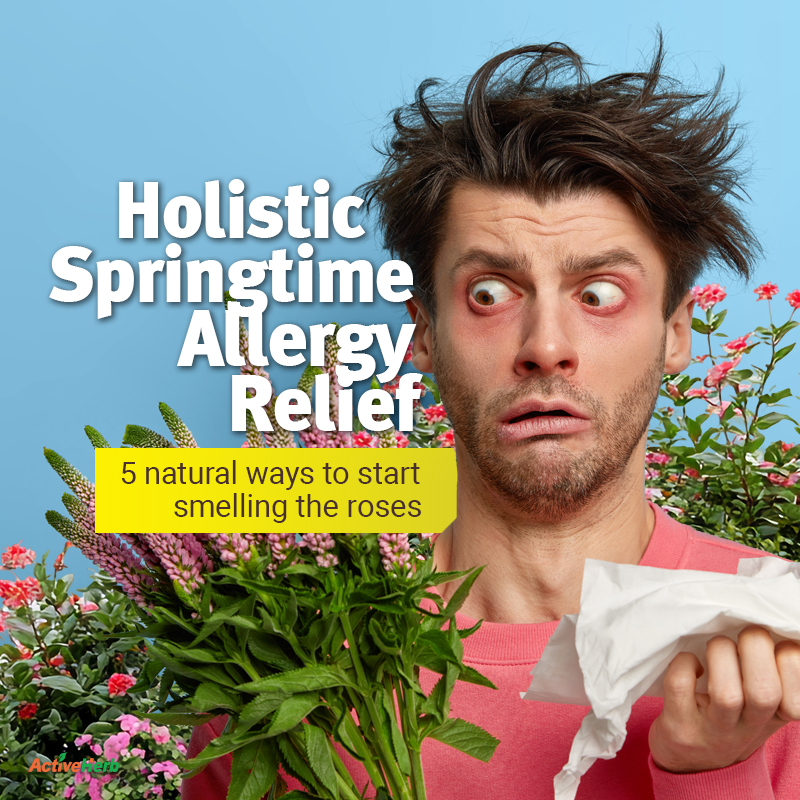Aristolochic Acid: Is Your Chinese Medicine Safe?

Aristolochic acid is a toxic compound found in some Chinese herbs and may cause kidney failure and cancer. If you take herbal medicine, should you worry about it?
In the last few days, you may have read a news report linking Chinese medicine to liver cancers. In particular the news went viral on Chinese social media.
At the center of the news was a study published in the journal Science Translational Medicine.1 In the study, researchers detected many DNA changes among the tumor tissues recovered from liver cancer patients in Taiwan. Moreover, such changes displayed the typical trait of mutations caused by a chemical named aristolochic acid (AA). The same type of DNA changes were also found in a large number of liver cancers from Mainland China.1
Because DNA changes eventually lead to cancer development, and AA is found in many species of Chinese herbs, it is reasonable to make the connection between liver cancers and these Chinese herbs.
So what is AA? For starters, AA is not a newly discovered molecule. It is an acid first found in the plant Aristolochia and its related plants. In fact, for over 20 years we have known it to be toxic and mutagenic. It causes kidney failure and other types of cancers. The new study just adds one more potentially egregious side effect to its notorious laundry list.
Why did the new study receive an intense attention in Chinese social media this time? For one thing, the journal that published it is a sister publication to the Science magazine and is prestigious. Studies published in the journal easily get instant credibility and attention. Furthermore, nobody wants to suffer from side effects from medicine, including traditional Chinese medicine, even though they are regarded as safe in general. And for some who look for opportunities to discredit Chinese medicine, this study provides the magic bullet. Social media platforms like WeChat provides an easy vehicle to fuel the propaganda.
However, AA toxicity does bring up a valid concern: shouldn’t it have been taken care of by the regulatory authorities in China or Taiwan already? The short answer is YES. Indeed, since the beginning of this century, Chinese herbs that contain AA have been removed from the PRC Pharmacopoeia. These include Guan Mu Tong, Guang Fang Ji, and Qing Mu Xiang, to name a few. They are officially no longer Chinese herbs and are not used for consumption or compounding Chinese medicine. The only exception is Xi Xin (Asarum), which has seen its usable part being restricted to its root, as its aerial part is found to contain most of the AA. Similarly, patent Chinese medicine that previously contained these Chinese herbs as ingredients have been reformulated to exclude them.
Therefore, it is safe to conclude that today in China the exposure to AA has been largely mitigated even though it is, unfortunately, not yet completely eliminated.
As an ActiveHerb customer, should you worry about any exposure to AA from our products? Absolutely not. Since our inception back in 2003, we have put our utmost focus on safety as well as effectiveness. We have been making sure every single herb we use does not contain AA. Moreover, we also exclude any other herb that are known to cause other types of unwanted toxicity. You may find more safety information from our quality assurance procedures. It is this unyielding commitment to safety and effectiveness that makes ActiveHerb a name you trust.
Reference
- Ng ATW et al., Aristolochic acids and their derivatives are widely implicated in liver cancers in Taiwan and throughout Asia. SCIENCE TRANSLATIONAL MEDICINE. 18 Oct 2017: Vol. 9, Issue 412, eaan6446 DOI: 10.1126/scitranslmed.aan6446






